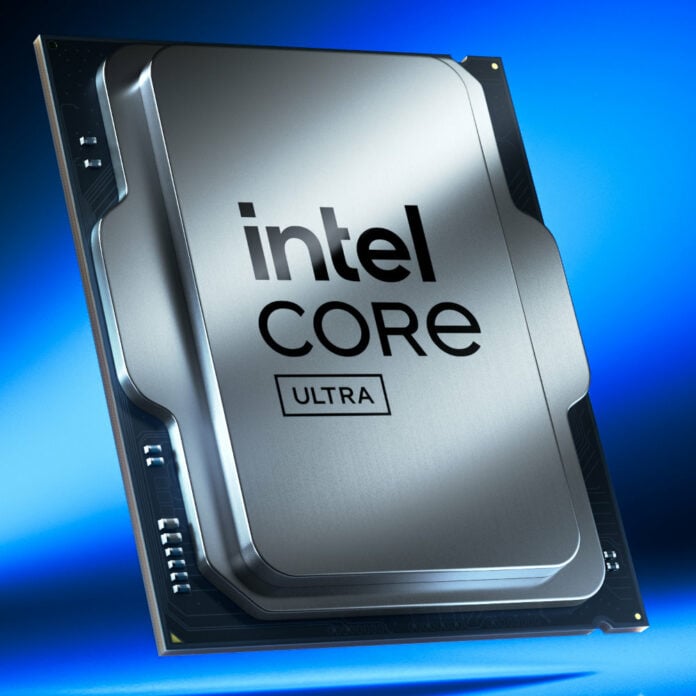The launch of Core Ultra 200S series processors came and went in the blink of an eye, generating little fanfare. In the wake of this muted reception, Intel promised to “fix” the chips, bringing its new CPUs to expected levels of performance. The company set itself a deadline of early December which has now passed with nary a peep from Team Blue. A new microcode for Z890 motherboards has hit the scene but it only brings further disappointment.
As Intel maintains radio silence on its Arrow Lake performance pledge, user Nickshih caused a small stir on the Overclock.net forums by posting a new microcode. More specifically, this is the long-awaited 0x114 microcode that rumours suggest is the long-awaited solution to the Core Ultra 200S series’ problems. It’s not currently available in any official capacity from board vendors, making its early appearance a little sketch.
Despite the obvious concerns that come with flashing your BIOS with mysterious firmware, many have since applied it to their Z890 systems. The end result? Gains of zilch, zip, and nada. Summarily, this is not the silver bullet that adopters of Core Ultra 200S processors have been waiting for.
I should stress that this microcode should come part and parcel with a BIOS update, which is absent in this case. While this could explain why the microcode is having zero impact on performance, we won’t know for sure until we have the official release in hand. Hopefully this should be any day now providing Intel isn’t that much later on its delivery.
It’s difficult seeing Intel’s Z890 platform off to such a poor start when it has so much to offer through the likes of Thunderbolt 4 and support for faster RAM speeds, not forgetting CUDIMM modules. I’m still holding out hope that Core Ultra 9 285K and its siblings can carve out a space for themselves after some overdue TLC, but Ryzen 7 9800X3D and other upcoming Zen 5 X3D CPUs make this a difficult prospect.
At least Intel’s finally enjoying some good fortune thanks to its graphics division, with Arc B580 proving a surprise hit. Here’s hoping the processor team can follow in their colleagues footsteps and rise from the ashes.

